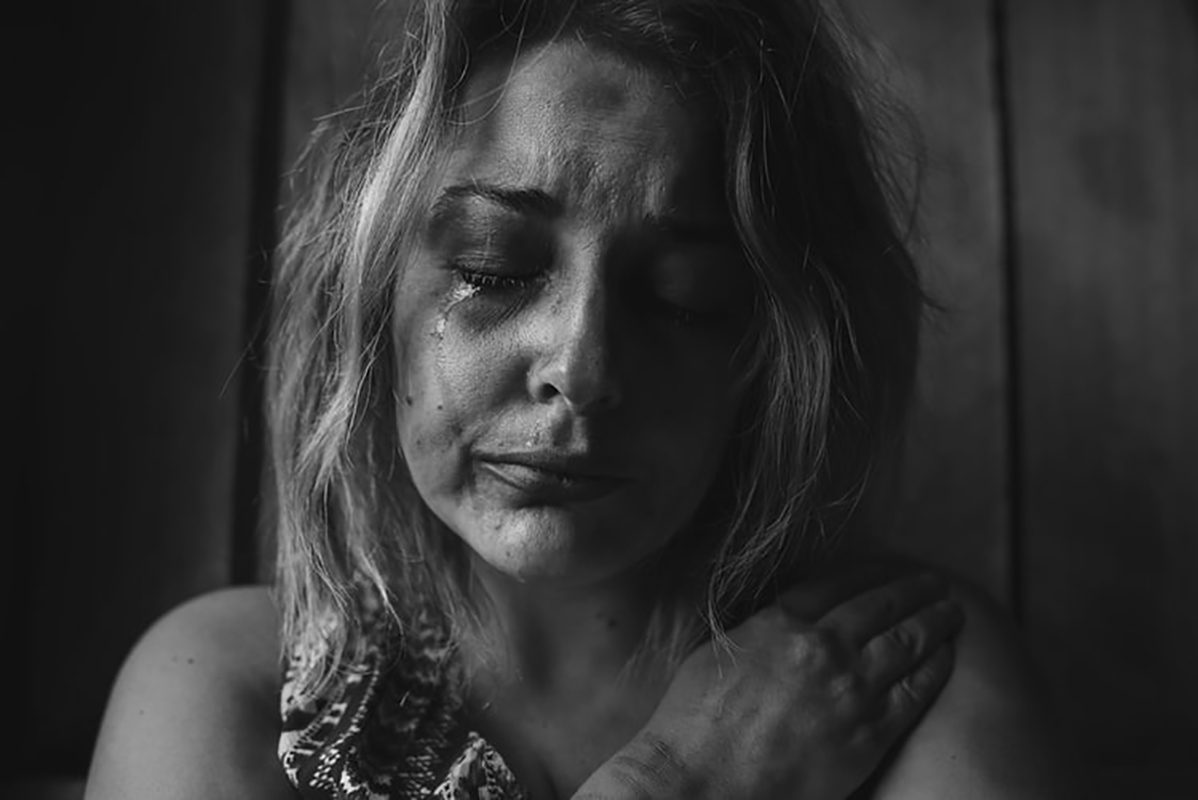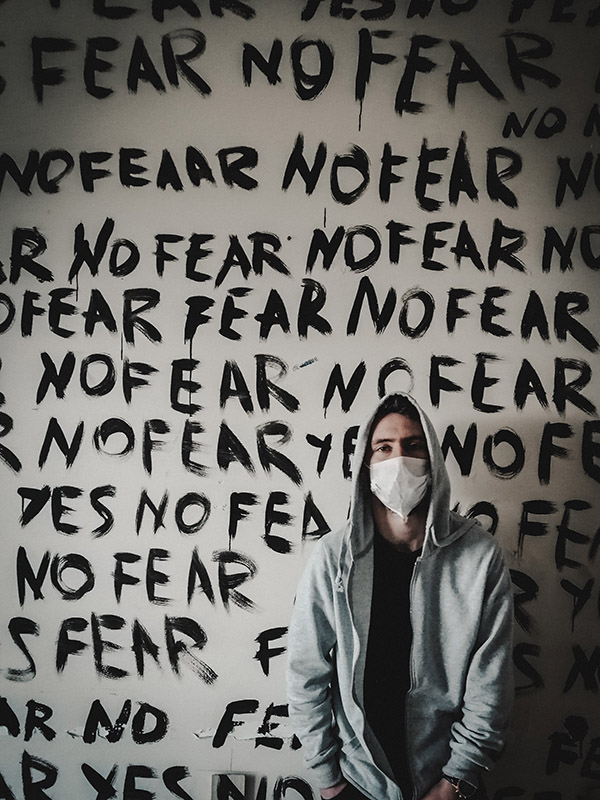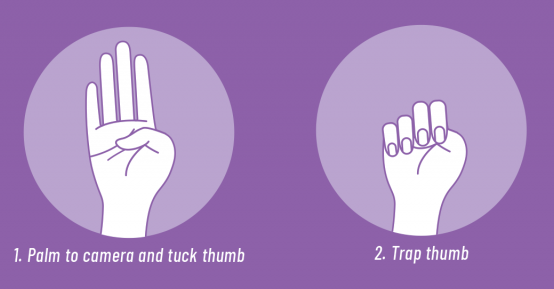


We know about it, but we hardly ever hear about it. As sad as it is to acknowledge, domestic violence is more common than we’d like to believe. According to statistics by the World Health Organization (WHO), 30% of women have experienced physical and/or sexual violence by a partner they’ve been intimate with. In addition to that, 38% of females murdered globally are by an intimate partner. It is important to understand that while women are usually victimized more, domestic violence can also be perpetrated by women.
The ongoing pandemic highlighted the severity of domestic violence as a result of being locked down with an abusive partner. According to a local media outlet, 160 people had visited the National Hospital in Colombo since March 21, 2020 as a result of domestic violence. The spokesperson for the National Hospital stated that 110 of those admitted were males, emphasizing a spike in male vulnerability.
Domestic violence is when a significant other tries to control you by means of verbal, emotional, physical and sexual abuse. Violence of this nature could happen between a heterosexual partnership or even that of a homosexual one. An abuser abuses regardless of age, ethnicity, economic level etc. In most case scenarios, abuse starts off verbally and escalates to a physical approach.
In today’s day and age, one of the main reasons as to why domestic violence is still tolerated is due to the gender inequality standards set by society accepting that violence against women is okay.
While many people blame underlying psychological trauma or substance abuse as reasons for an abuser to lose control, this is not accurate. Violence is a superficial way for the victimizer to take control of your life. Some other risk factors according to WHO may include:
These are just a few of the more common reasons as to why an abuser turns towards such violent acts of nature.
Most abusers fall into a very common pattern of violence. You may have seen these in movies, or even had firsthand experience. It is important to always be aware if you sense you’re a victim in such a situation.
After having lashed out with violence, an abuser always uses guilt as his/her next emotion. This is usually out of fear of getting caught. Next, you’ll receive a string of excuses from your offender to shy away from taking responsibility for what had happened. Once these steps are done with, you’ll feel an ounce of love and devotion from your abuser for a brief period of time only to go through the same cycle of abuse once again.
The scary part of this is when your relationship with the offender is in the “normal fantasy” stage, you’ll feel on top of the world. Your abuser’s sudden acts of love and compassion will only make it harder to leave before the next episode. The belief that ‘everything will be okay’ is simply just an illusion you’ve set up for yourself. The dangers of staying with a victimizer at the cost of “love” is very real.
Apart from the side effects the victim endures as a result of violence, children growing up in violent homes are also subjected to emotional and psychological trauma. This can result in abusive traits as they grow older. Children are also neglected as a result of an unsettled home. While most victims stay put for the sake of the children, they fail to realize that it does more harm and no good.
In the case of suspected domestic violence,
Speak up! While you may think it is not your business, you just might happen to save a life. A victim of violence and abuse may not want to talk about what’s going on in most case scenarios. Mentioning and showcasing your concern might gain the victim’s trust and get him/her to open up about the situation. Point out the signs and assure them that you will always be there for a conversation behind closed doors. Offering assistance will help the victim take steps to escape from a violent partnership.

Source: Canadian Women's Foundation
During the lockdown, many victims could not report violence due to them being locked in with their perpetrator. Therefore, an online hand signal was brought to light. The victim could alert someone online by holding the palm up to the camera and tucking the thumb in. Then, folding the fingers down over the thumb and trapping it.
If you or someone you know are at risk of being a victim to domestic violence, NEVER HESITATE TO SEEK HELP from anyone. Speak to a counselor if you feel emotionally and mentally drained. There is nothing to be ashamed of. Be a fighter and let’s stop violence at home once and for all. Let’s end this silence together.






